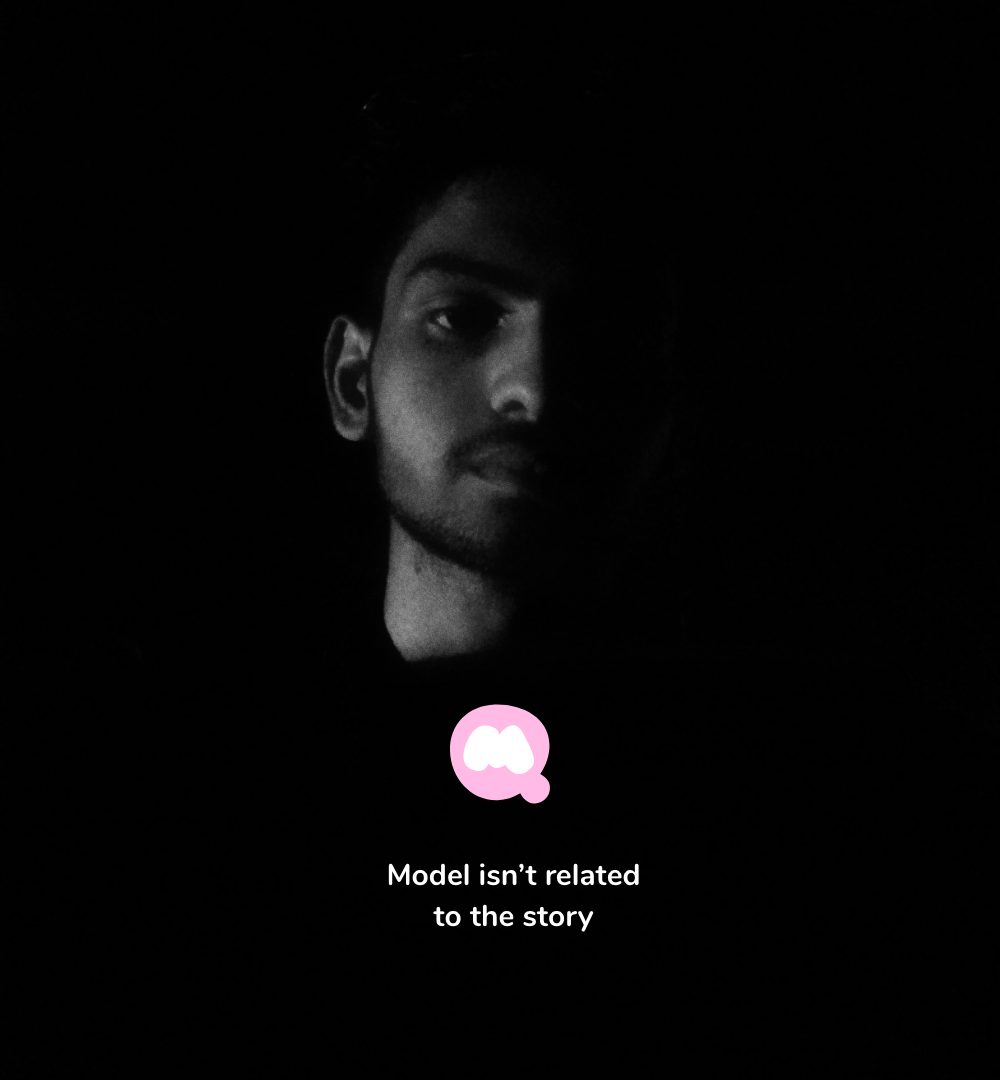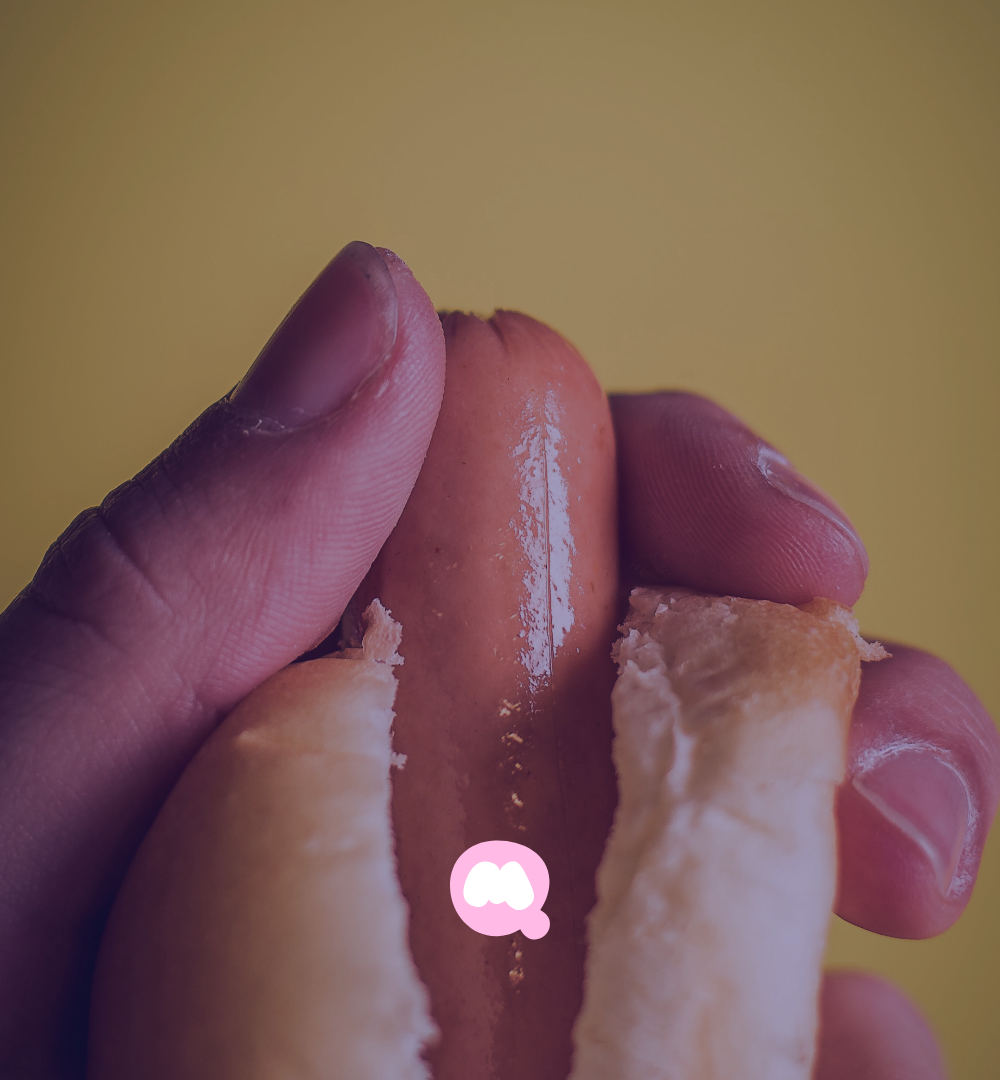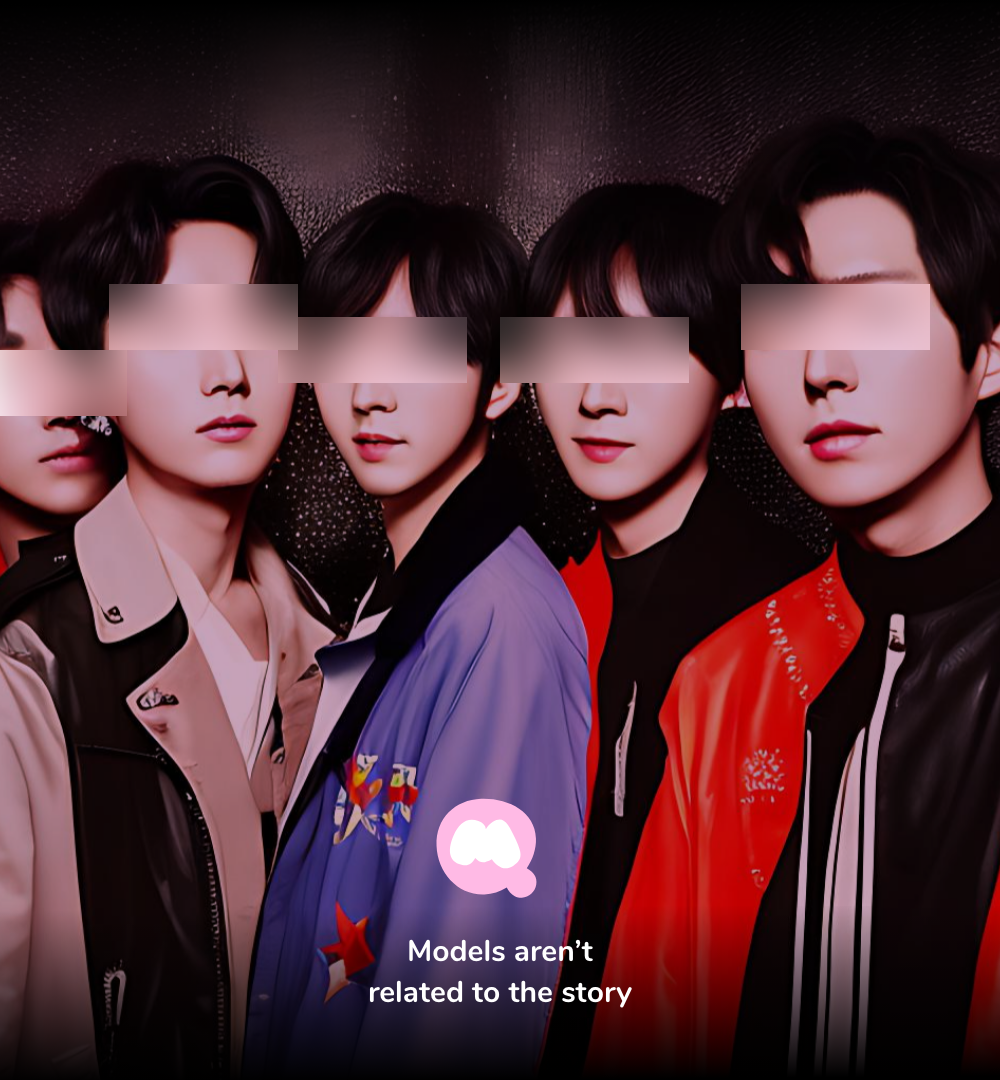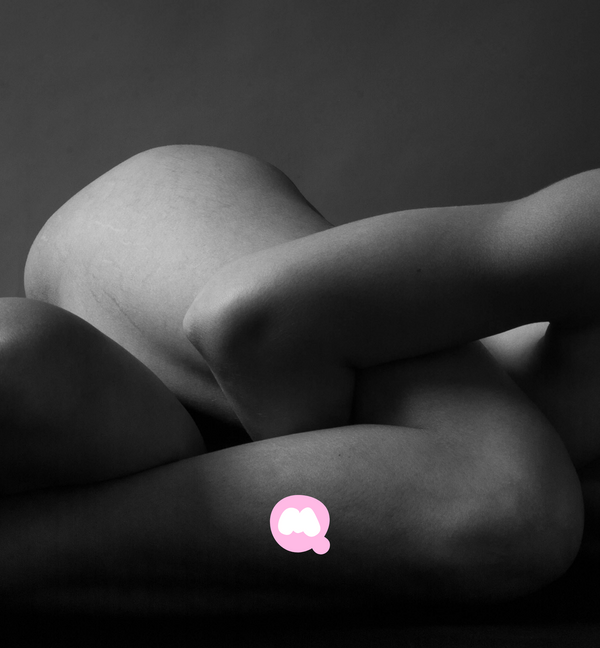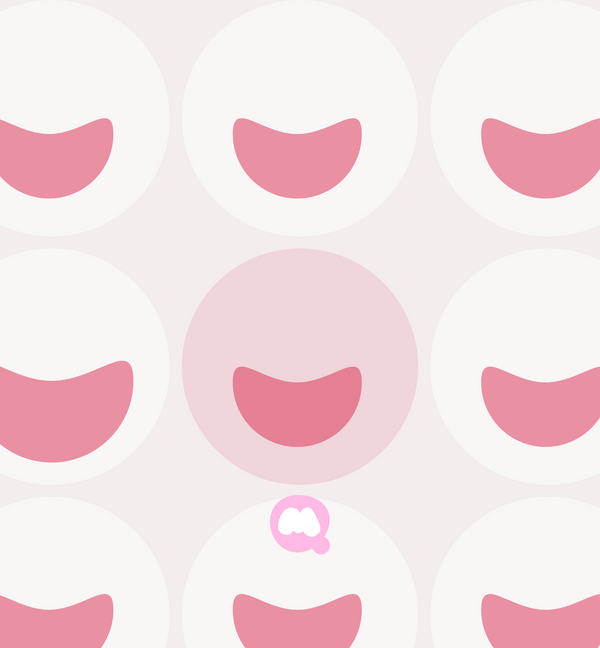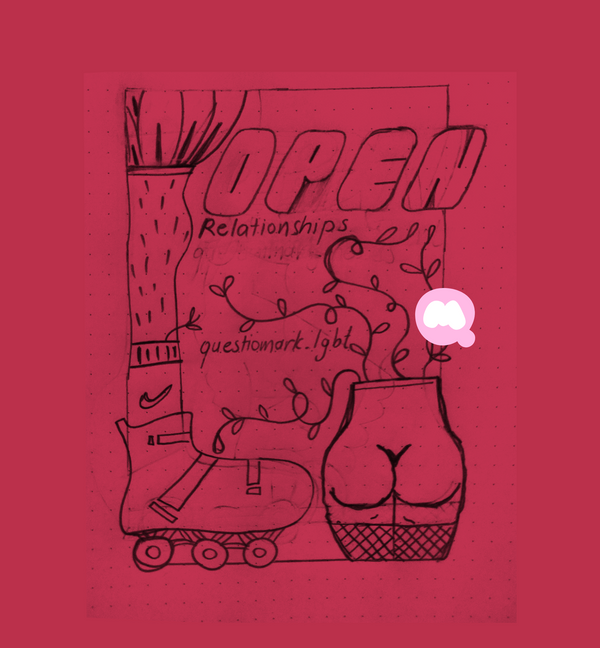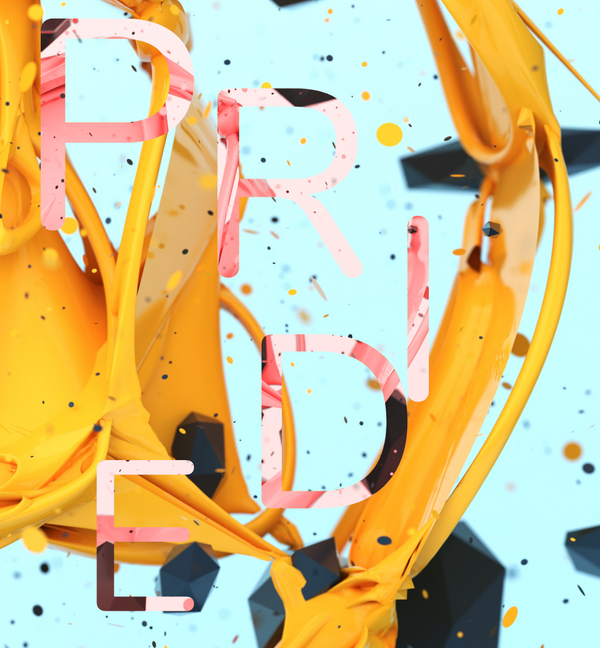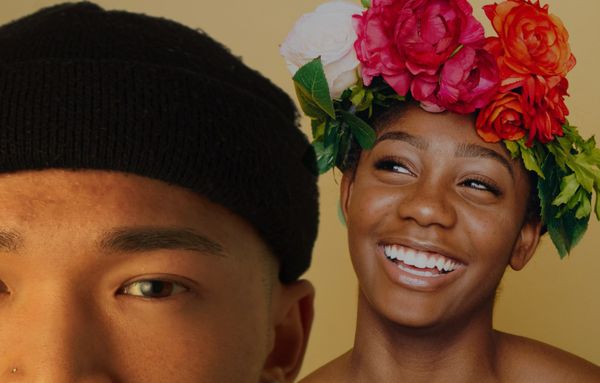This post is proudly sponsored by Brian for Questionmark's Kickstarter campaign.
I have a conflicting relationship with K-pop as a queer Korean person who grew up listening to it.
Only as I got older and spent more time online did I learn about the many different Western fans of K-pop idol culture who were so dedicated to it. The impact of K-pop on Western pop culture can't be overstated, especially in the past few years when online stan culture has become more popular than ever. This is because social interactions and cultural exchange are becoming increasingly digital. Many queer fans have led the online stan culture that, in certain ways, K-pop influenced how I defined gender expression and applied it to myself.
I think the main reason so many queer fans, particularly Western fans, are allured to K-pop is because of gender performances that challenge Western norms. For example, androgyny is usually seen as homosexuality in the West, but male K-pop idols who look feminine are accepted and seen as naturally attractive. Male K-pop stars often have soft faces, wear makeup, and might even wear women’s clothing. Seeing these forms of gender performance made it easier for me to feel comfortable identifying as a trans man. Due to my interest in style and fashion, I've wondered if I was masculine enough to be a man. But every time I watch how these male singers and dancers express themselves, I feel more sure of who I am.
However, can K-pop truly be a safe space when so many controversial issues divide the community so much?
I think that the controversial topic of "queerbaiting" is a big problem for the community right now. Queerbaiting is not new or exclusive to K-pop. Originally, the term was mostly used to describe TV shows and movies where the writers play with queer subtext to appear politically correct and attract more queer viewers, even though this doesn't lead to real queer representation. This is no longer just a joke; it is used against famous people accused of acting gay to please their fans. Some examples in K-pop are idols from the same group who show physical affection on camera or music videos that hint at same-sex attraction, such as “Monster” by IRENE and SEULGI.
I have numerous problems with this discourse, especially as a closeted queer person. Similarly, with terms such as “gaslighting” and “love bombing,” “queerbaiting” quickly became watered down by overusing it to the point of applying it to situations where it doesn’t work. It is increasingly being used to refer to real people who they think look or act queer without explicitly coming out. Not only is it reductive, but it also lacks self-awareness. First, it oversteps boundaries and puts potentially closeted idols in danger. Most of the time, these critiques put idols in a box and make them look like robots by using terms made for talking about fictional tropes and characters. For this reason, closeted celebrities (such as Kit Connor) are pressured to come out, even though their audiences shouldn’t be owed any information about their private lives.
I’d like to ask: What are you being baited into believing?
If "queerbaiting" means that you're tricked or led to believe that these idols are gay, what made you think that in the first place? Is it because their ways of showing affection differ from those in your culture? Or because the music videos contain subtext that could be considered homoerotic? Is it the androgynous style? What if that’s simply how some idols express themselves? Why do we try to put everyone in a box?
Queer Koreans who aren’t celebrities feel confused when other people are debating authentic ways to express queerness, at the time, they probably don’t have the luxury to do so.
It's time to look at how these conversations only make homophobia worse and limit certain ways of expressing yourself that depend greatly on your comfort zone as a queer person.
–Anonymous
